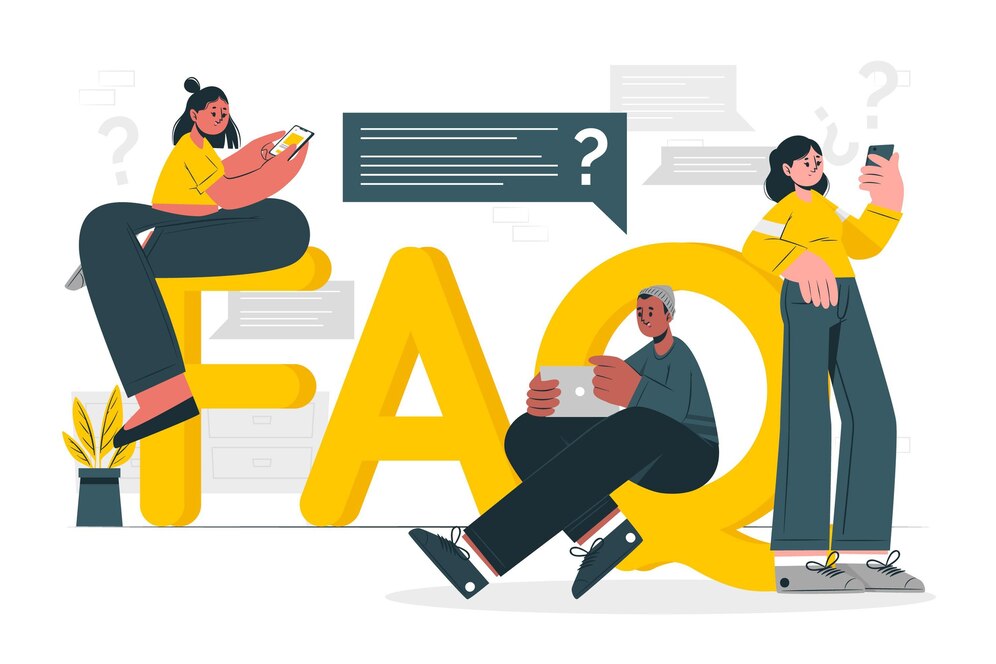Table of contents
In today’s high-pressure world, anxiety is one of the most common mental health challenges people face. From racing thoughts to panic attacks, anxiety disorders can deeply impact quality of life. However, the good news is that managing anxiety is entirely possible with the right knowledge, tools, and support.
In this blog post, we’ll explore what anxiety disorders are, their symptoms, causes, and most importantly, how to effectively manage and overcome them for a healthier, happier life.
What is an Anxiety Disorder?
Anxiety is a normal reaction to stress, but when it becomes persistent, intense, and interferes with daily life, it may be classified as an anxiety disorder. These disorders involve excessive fear or worry and can affect people of all ages.
Common types of anxiety disorders include:
- Generalized Anxiety Disorder (GAD)
- Panic Disorder
- Social Anxiety Disorder
- Specific Phobias
- Separation Anxiety (common in children but also in adults)
Each of these conditions involves its own set of symptoms and triggers, but all share the core feature of overwhelming anxiety.
Symptoms of Anxiety Disorders
Symptoms may vary, but commonly include:
- Constant worry or fear
- Restlessness or feeling “on edge”
- Increased heart rate or palpitations
- Shortness of breath
- Trouble sleeping or insomnia
- Muscle tension
- Difficulty concentrating
- Avoidance of anxiety-provoking situations
If you experience several of these symptoms regularly, it may be time to look into managing anxiety more intentionally.
Causes and Risk Factors
Anxiety disorders are complex and can be caused by a mix of biological, psychological, and environmental factors, including:
- Genetics: Family history of anxiety or mental illness
- Brain chemistry: Imbalance in neurotransmitters like serotonin and dopamine
- Life events: Trauma, abuse, loss, or significant stress
- Personality traits: People who are more sensitive or perfectionistic may be at higher risk
- Medical conditions: Heart problems, thyroid disorders, or chronic pain can contribute
Managing Anxiety: Proven Techniques and Strategies
Managing anxiety is not a one-size-fits-all solution, but there are multiple approaches that have been scientifically proven to help.
1. Cognitive Behavioral Therapy (CBT)
CBT is a widely used therapeutic approach that helps people change negative thought patterns and behaviors associated with anxiety. It is one of the most effective treatments for anxiety disorders.
2. Mindfulness and Meditation
Mindfulness practices encourage staying present in the moment without judgment. Meditation has been shown to lower stress hormones and reduce anxiety symptoms.
3. Regular Physical Activity
Exercise releases endorphins and serotonin, natural chemicals in your brain that help you feel good. Just 30 minutes of movement a day can significantly reduce anxiety.
4. Healthy Lifestyle Choices
- Eat a balanced diet
- Avoid caffeine and alcohol
- Get adequate sleep
- Stay hydrated
These small adjustments support both physical and mental health, making managing anxiety easier in the long run.
5. Medication (When Necessary)
For some people, medication can be a helpful tool. Antidepressants, anti-anxiety medications, or beta-blockers may be prescribed. Always consult with a healthcare professional before starting any medication.
6. Journaling and Self-Reflection
Writing down your thoughts can help identify triggers, patterns, and progress in your mental health journey.
7. Building a Support System
Talking to trusted friends, family, or joining a support group can reduce feelings of isolation and provide encouragement.
When to Seek Professional Help
If your anxiety is persistent, interfering with your relationships, work, or daily functioning, it’s essential to seek professional help. Psychologists, psychiatrists, and licensed therapists can provide tailored treatment plans to help you recover and thrive.
5 Frequently Asked Questions (FAQs)

Everyday anxiety is a normal stress response, while an anxiety disorder is more intense, lasts longer, and significantly affects daily life.
While there may not be a permanent “cure,” anxiety disorders can be effectively managed and symptoms greatly reduced with therapy, lifestyle changes, and sometimes medication.
It varies from person to person. Some may see improvement in weeks, while others may need months of consistent practice and therapy.
Yes, many people manage anxiety successfully through therapy, mindfulness, and lifestyle changes. Medication is just one of many tools.
Absolutely. Children can experience anxiety disorders, and early intervention is key to effective management and support.
Final Thoughts
Managing anxiety may feel overwhelming at first, but with the right support, information, and strategies, it is entirely possible to regain control of your life. Everyone’s journey is different, but every step you take toward healing and understanding is a powerful one.
Don’t hesitate to reach out, educate yourself, and prioritize your mental health—it’s one of the best investments you can make in your overall well-being.





